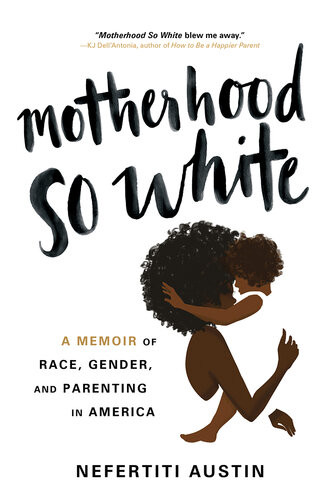

Most ebook files are in PDF format, so you can easily read them using various software such as Foxit Reader or directly on the Google Chrome browser.
Some ebook files are released by publishers in other formats such as .awz, .mobi, .epub, .fb2, etc. You may need to install specific software to read these formats on mobile/PC, such as Calibre.
Please read the tutorial at this link: https://ebookbell.com/faq
We offer FREE conversion to the popular formats you request; however, this may take some time. Therefore, right after payment, please email us, and we will try to provide the service as quickly as possible.
For some exceptional file formats or broken links (if any), please refrain from opening any disputes. Instead, email us first, and we will try to assist within a maximum of 6 hours.
EbookBell Team

4.0
56 reviewsThe story every mother in America needs to read. As featured on NPR and the TODAY Show. All moms have to deal with choosing baby names, potty training, finding your village, and answering your kid's tough questions, but if you are raising a Black child, you have to deal with a lot more than that. Especially if you're a single Black mom... and adopting.
Nefertiti Austin shares her story of starting a family through adoption as a single Black woman. In this unflinching account of her parenting journey, Nefertiti examines the history of adoption in the African American community, faces off against stereotypes of single Black moms, and confronts the reality of what it looks like to raise children of color and answer their questions about racism in modern-day America.
Honest, vulnerable, and uplifting, Motherhood So White is a fantastic book for mothers who have read White Fragility by Robin DiAngelo, Stamped from the Beginning by Ibram X. Kendi, Why Are All The Black Kids Sitting Together in the Cafeteria? by Beverly Daniel Tatum, or other books about racism and want to see how these social issues play out in a very personal way for a single mom and her Black son.
This great book club read explores social and cultural bias, gives a new perspective on a familiar experience, and sparks meaningful conversations about what it looks like for Black families in white America today.